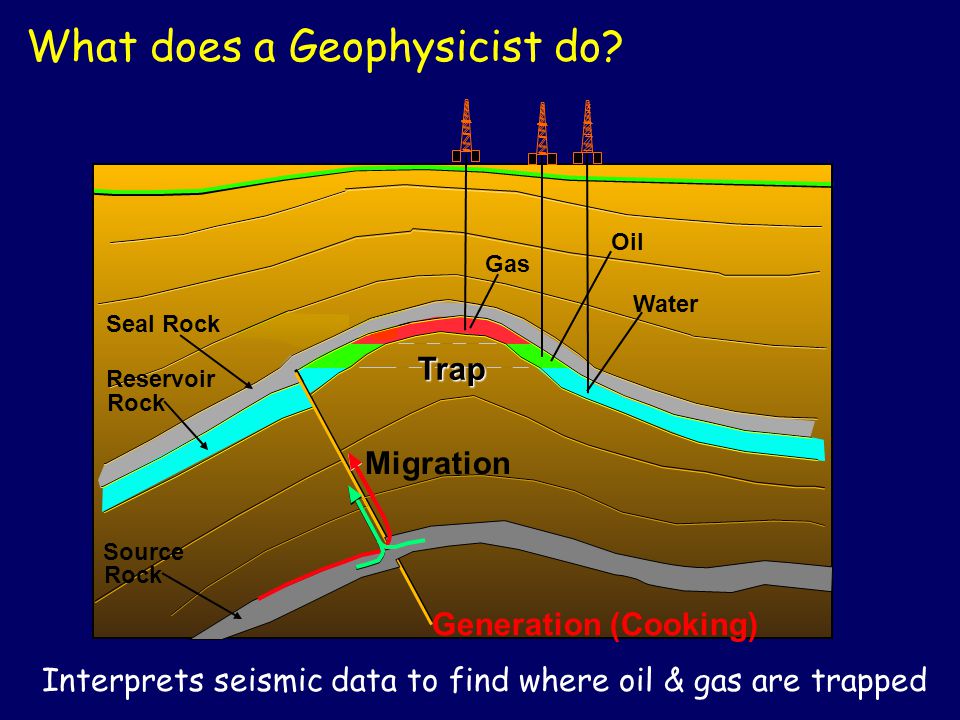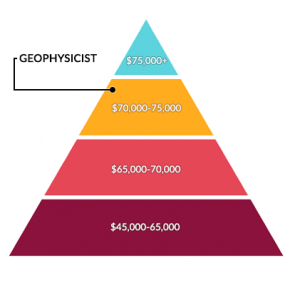All Categories
Featured
Table of Contents
Geophysical And Geotechnical Assessment in Munster Aus 2020

Other possible geophysicist majors that aren't geophysics or geoscience consist of: Climatic sciences and meteorology Chemical and physical oceanography Earth science Environmental science Hydrology and water resources science Products science By making any geophysicist degree, and by taking the necessary geology courses, you should certify for an entry-level position as a geoscientist or geophysicist.
Eventually, trainees should find out: a branch of geology that takes a look at the various elements of minerals, including chemical composition, internal crystal structure, and physical homes. the research study of rocks and the procedures and conditions that form and change them with time. There are a few subdivisions in this branch of geology, including igneous, metamorphic, and sedimentary rocks.

This field examines structural rock features such as cleavage, faults, joints, and small folds. They need to likewise discover the computer abilities essential to: examine data create digital designs and maps run geoscientists' software Students must also make the most of all chances to acquire real-world experience. Hopeful geophysicists should expect to hang around knowing: in the class in the field in laboratories Clearly, skills taught in the classroom are very crucial for aiming geophysicists.
Become An Earthquake Scientist in Midland Oz 2023
For example, geoscientists spend a lot of their time outside when operating in the field, so they need to have "outside skills" like outdoor camping and running boats, airplane, and other cars. Due to the fact that they invest so much time in remote places, it's vital that geophysicists also have the physical stamina to carry essential devices on their hikes to areas of study.
The task offers: a high average and top incomes a high rate of individual fulfillment amongst geophysicists low work stress positive task outlook Additional info on revenues capacity and task outlook is detailed below. For students looking to land an entry-level function as a geoscientist or geophysicist, it takes 4 years, or the time required to finish a bachelor's degree in geophysics or an associated discipline.
Some research study positions in geophysics require postgraduate degrees. If you prepare to teach at a college or university, you need to make a Ph. D. in geophysics or an associated field. The time it takes to make a Ph. D. varies by organization and program, but it generally takes 4 to six years beyond the bachelor's degree.
Greeley-evans Area 3d Geophysical Survey in Middle Swan Western Australia 2021
A lot of companies need prospects to have a bachelor's degree in geophysics or a closely associated discipline for all entry-level positions. As an outcome, there's no method around the degree requirements for ending up being a geophysicist.
Currently, 31 states need licensing for geologists, although licensing is not constantly required, particularly for entry-level work. The states that do problem licenses use the Basics of Geology Examination (FGE), which is administered through the National Association of State Boards of Geology (ASBOG). Now that you understand which degree for geophysicist tasks you need, you'll require to land a job, and it is essential to learn just how much money you can make in this career.
According to BLS, the median yearly wage for geoscientists is $93,580. The lowest 10% of earners make less than $52,000, while the highest 10% make more than $201,000 each year. Incomes change by industry type and geographical location. According to BLS, specific industries provide higher salaries for geoscientists, and in many cases, they offer higher-than-average profits.
What Is Geophysics? in South Fremantle Western Australia 2021
In truth, mining, quarrying, and oil and gas extraction uses over $32,000 more each year than the average yearly wage for this occupation. The federal government, too, uses over $10,000 more in profits than the national average for geoscientists. In addition to industry type, geographic location can greatly affect profits for this profession.

The top-paying states and their yearly mean earnings, according to the BLS, consist of: Texas $166,720 Oklahoma $149,630 Pennsylvania $120,590 Hawaii $120,130 Colorado $107,260 These 5 top-paying states use much greater incomes than the average for this profession. Salaries for geoscientists in Texas are over $73,000 higher than the nationwide average.
It must come as not a surprise that the majority of these high-paying areas are in Texas and Oklahoma, but some are found in California, Louisiana, and Colorado. The top 10 highest-paying metro locations for geoscientists are: Houston-The Woodlands-Sugar Land, Texas: $188,400 Tulsa, Oklahoma: $186,490 Midland, Texas: $167,040 Odessa, Texas: $147,080 Oklahoma City, Oklahoma: $145,350 Bakersfield, California: $130,080 Urban Honolulu, Hawaii: $124,470 New Orleans-Metairie, Louisiana: $121,030 Washington-Arlington-Alexandria, DC, VA, MD, WV: $120,180 Denver-Aurora-Lakewood, Colorado: $116,910 For some geoscientists and geophysicists, living in a metro city is not as enticing as residing in a smaller sized neighborhood.
Latest Posts
Geophysicist Job Description in Guildford Aus 2023
Marine Geophysical Surveying - in Maddington Aus 2023
Geophysical Survey - Suffolk Heritage Explorer in Millendon WA 2023